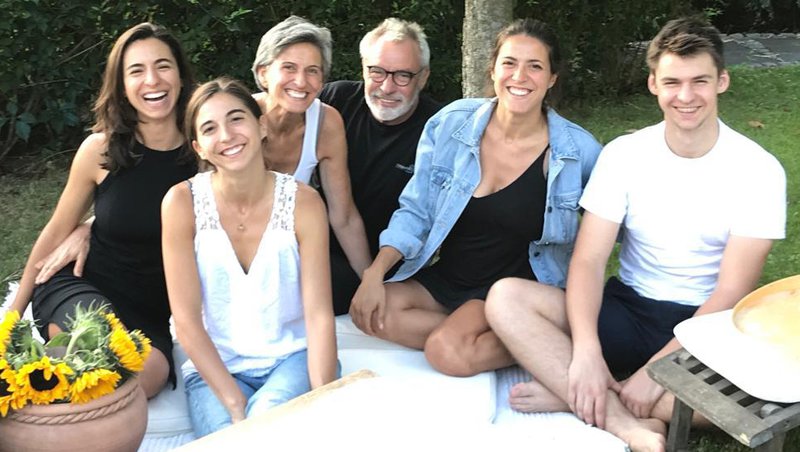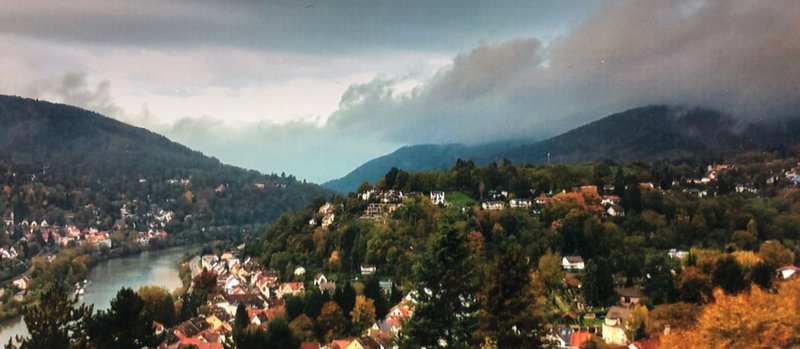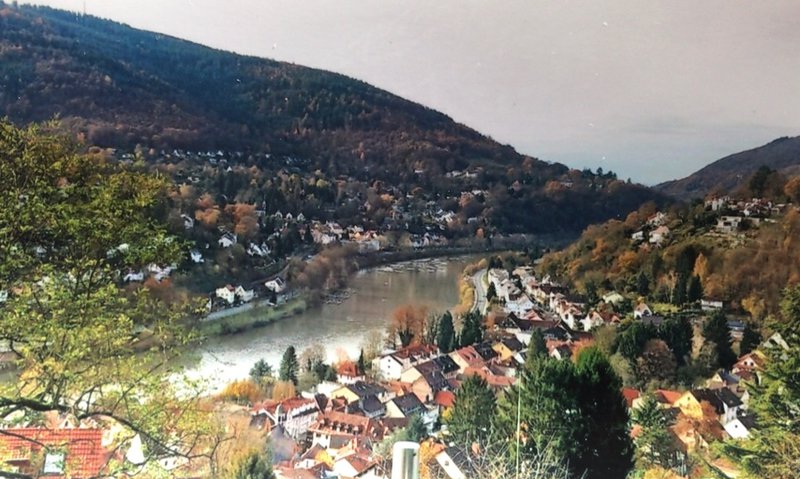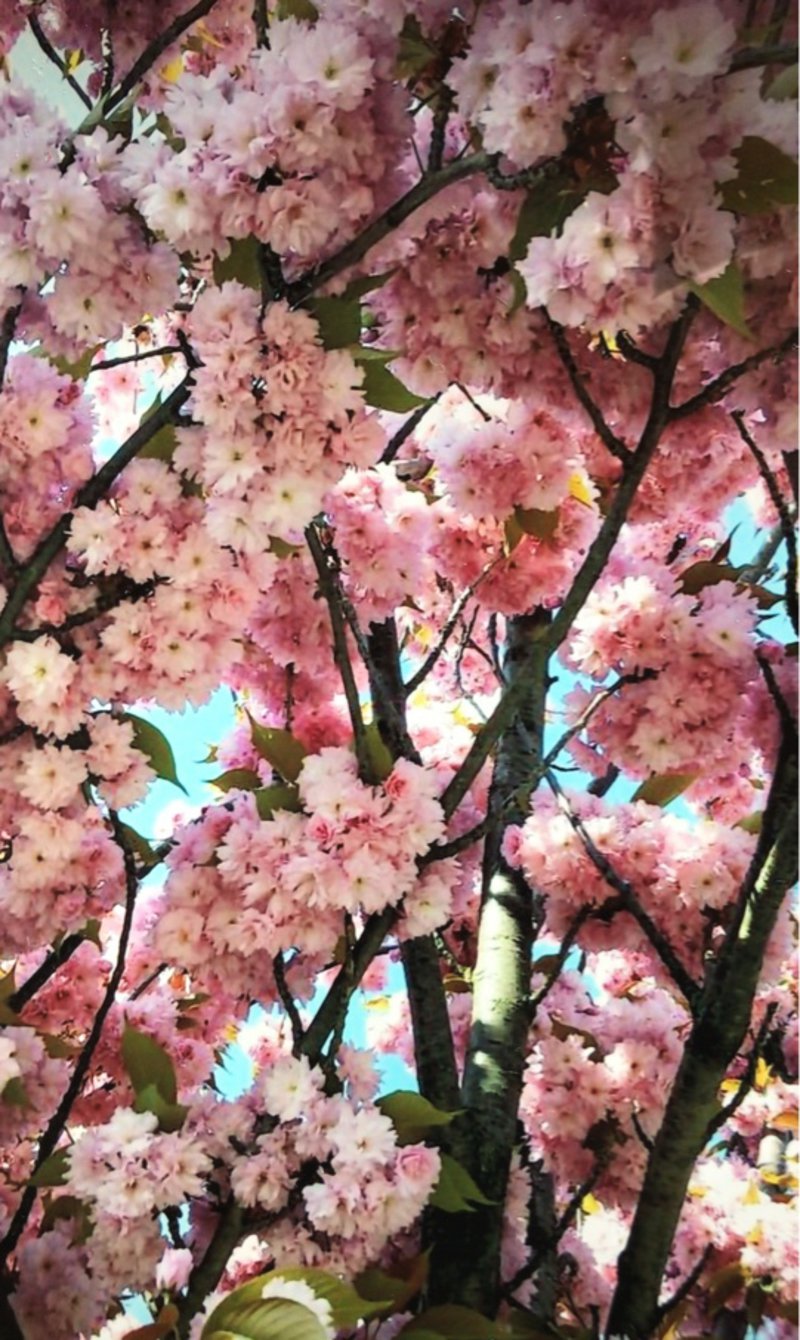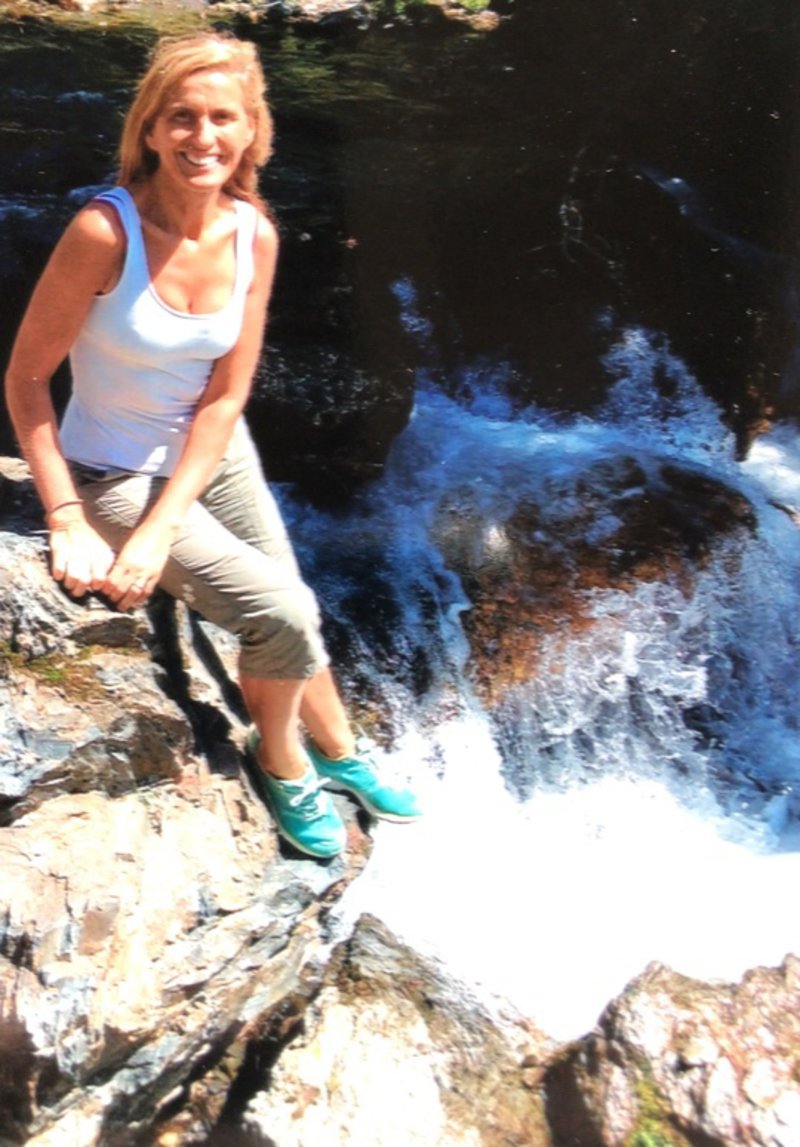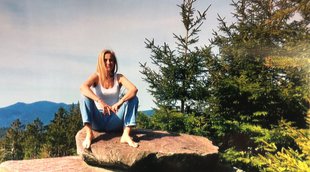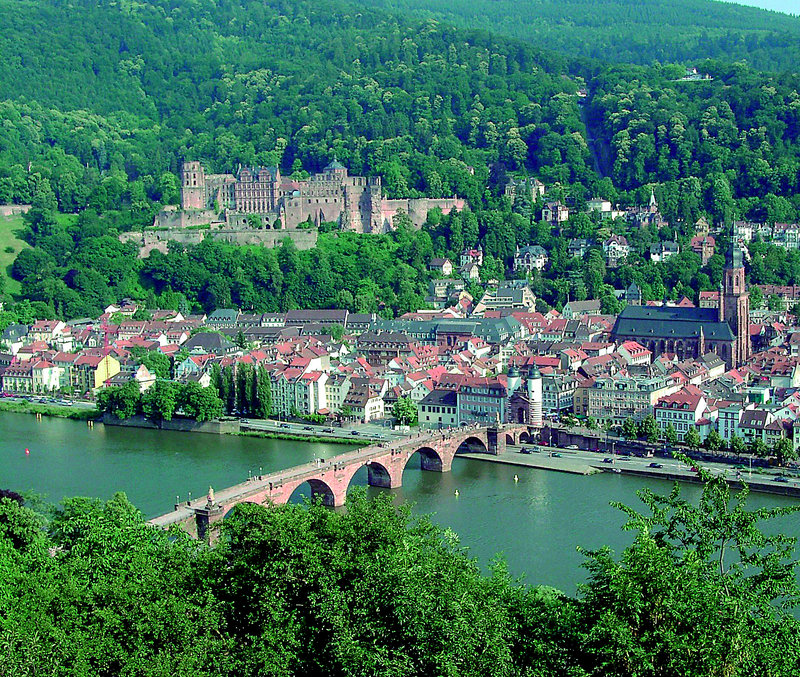Catalans Abroad
Anna Mallorquí Quintana
.
Open and international
Why did you leave Catalonia?
I left for Germany in October, 1999. It was a personal decision, to make a new life for my family, my three daughters and my German partner. Although I’m a doctor by vocation, above all I consider myself an independent person, and I gave priority to the possibility of starting again with my family in Germany.
Are you happy with the job opportunities you found in your adoptive country?
I think I integrated very well. The first thing I did was learn German and adapt to the new customs while trying not to lose my identity. In Germany, I realised how good the level of Catalan doctors is. My degree as a gynecologist was equivalent and its recognition was never a problem, and nor did I have any problems in doing my job. I think it’s worth saying that, because sometimes people think that what comes from abroad is better than what we have at home. I personally think that we Catalans are not aware enough of all the good things that we have, precisely because we don’t go abroad so much to compare.
What do you think is the best thing about living there?
I’ve been living in Heidelberg for 22 years and I’m a mother of four – my daughters are also doctors and my son starts his studies to become a teacher soon – and I greatly value the German education system; the level is very high and it’s well organised. I also highly value the tolerance and positive, fearless attitude towards diversity. Catalan culture has been and remains open because we enjoy a history rich in multicultural contacts. So it’s normal that the Catalan capacity for integration and tolerance is high. I’ve lived in one of the most international cities in Germany, and I’ve been able to enjoy pluralism and different cultures and ways of being. But I think that a large part of the German population is afraid of everything that’s different. They can look at it with distrust and even fear that it’s a dangerous thing. I’m also aware that rich societies, the German one among them, tend to want to maintain their “status quo” even if they have to ignore the lack of respect towards human rights, the lack of democracy and solidarity. I see it as a loss of faithfulness to principles. The positive aspects of the German character that I value are the efforts they make for efficiency and preciseness, organisation, seriousness... It’s in the DNA of their culture and the result of their history. Their way of working wins the trust of many. One of the things I like most is this reliability and seriousness, that you can trust what Germans say and you know you can count on it. As for German society, I value their federal state, as one of the healthiest democracies in the world.
What would you most like to change?
Any migrant in an adoptive country suffers a lack of comprehension from the people surrounding them, and a distance regarding the differences. That’s why I think we all only feel “at home” when we really feel accepted as we are and know we are understood. Feeling at home means being accepted, and if that society is not open enough, people can see differences as a problem, and that affects you emotionally. Coming from Catalonia, an open country used to different cultures, I can see that – but fortunately Heidelberg, like Hamburg, is an open, international city. However, other cities are more closed and it’s not always easy.
What would you most like to change?
There’s a saying that goes that we are all strangers in the country of other people. I think that a migrant carries out an act of courage that implies loss and gain as well, both very valuable. I wouldn’t change much, in fact the best thing is to adapt to the other country – even in terms of food, we enjoy German gastronomy, especially spices and soups. Every country has its type of cuisine for a reason – climate, history, and so on, so we try to eat German when in Germany and Catalan in Catalonia.
What characterises your neighbourhood?
We live in Ziegelhausen, a green residential district up on a hill, with panoramic views of the city. It’s near the woods but very well connected, it’s only 10 minutes away from the centre either by car or by bike.
What is the best experience you’ve had in your adoptive country?
I kept all my friends from university and I left Catalonia when I was 37, with three children and pregnant with the fourth. Dealing with a new culture, a new language, opening a new surgery, I never thought I’d make new friends. I’m very happy to say that the best experience I’ve had is meeting a person who is my best friend. There are open minded people you can connect with anywhere in the world – we’re neighbours and have children of the same age, she is a great professional in her job and we have created a friendship that has broken all moulds, I’m happy about this friendship built on mutual respect, openness, and that goes beyond cultural differences. It is a great experience that has made me very happy and grateful.
Do you plan to go back to Catalonia?
All these years we kept on coming to Catalonia three times a year to keep in touch with the culture, our family and friends. I’ve always said that one say I’ll be back and now that our children are working and studying in various countries in Europe, we’ve actually just come back, but we’ll go to Germany very often. I’m personally very grateful for the life that I’ve had, and very hopeful for the life ahead.
CATALANS ABROAD Heidelberg (Germany)
SOME SUGGESTIONS
Where are the best places for visitors to stay?
Europäicher Hof is very popular. It offers luxury, competence, and it’s very central. Also, the Boutique Hotel Heidelberg Suites, located near the River Neckar, is very welcoming and has views of the castle. Or Hotel Hirchgasse, for those who want to sleep in a typically traditional German atmosphere.
What do you consider the highlights for a brief first-time visit?
Heidelberg is a romantic but very touristy city. I recommend the panoramic views from the terrace of Heidelberger Schloss. Go and have a look at the giant wine barrels inside the castle – the peasants used to pay their taxes with wine. Or you could enjoy watching the fireworks from the Philosophenweg. Visit the Old Bridge (Die alte Brücke) and the old quarter.
And if visitors have more time, or make a return visit?
Have a walk in the woods of Dilsberg, visit the three beautiful castles, and a small village with traditional German houses surrounded by fortified walls. You could also rent a boat on the bank of the River Neckar and row among the ducks and swans.
A place to have lunch with friends?
Untere Straße, a street full of bars and restaurants, the typical meeting point for students. Schnitzelbank offers generous, typical and simple German food (order Maultaschen).
And for a special dinner for two?
Restaurant Herrenmühle – romantic and very good.
The best time a year to plan a visit?
When it snows, the city is very charming, but it rarely snows. It’s better to go in spring, when the parks are in full bloom, or in autumn, when the beech trees’ leaves change colour; it’s so lovely
What’s the best kept secret about the area?
There are often many ceps and almost nobody picking them! There isn’t a great tradition of mushroom hunting.
Leave a comment
Sign in.
Sign in if you are already a verified reader.
I want to become verified reader.
To leave comments on the website you must be a verified reader.
Note: To leave comments on the website you must be a verified reader and accept the conditions of use.

